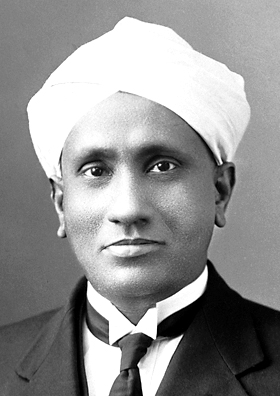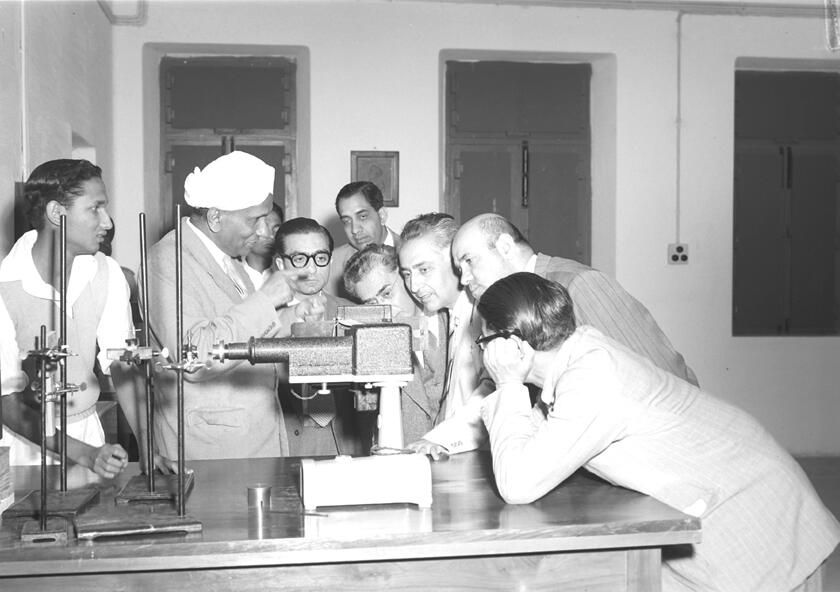CV Raman was so confident of winning the Nobel Prize
 Sir Chandrasekhara Venkata Raman
Sir Chandrasekhara Venkata Raman
C.V. Raman was confident of winning the Nobel Prize in Physics as well but was disappointed when the Nobel Prize went to Owen Richardson in 1928 and to Louis de Broglie in 1929.
He was so confident of winning the prize in 1930 that he booked tickets in July, even though the awards were to be announced in November, and would scan each day's newspaper for announcement of the prize, tossing it away if it did not carry the news. He did eventually win the 1930 Nobel Prize in Physics "for his work on the scattering of light and for the discovery of the Raman effect". He was the first Asian and first non-white to receive any Nobel Prize in the sciences. Before him Rabindranath Tagore (also Indian) had received the Nobel Prize for Literature in 1913.
Chandrasekhara Venkata Raman(7 November 1888 – 21 November 1970) was an Indian physicist born in the state of Tamil Nadu, India, who carried out ground-breaking work in the field of light scattering. He discovered that when light traverses a transparent material, some of the deflected light changes wavelength.
 Sir CV Raman explaining the Raman Effect
Sir CV Raman explaining the Raman Effect
|